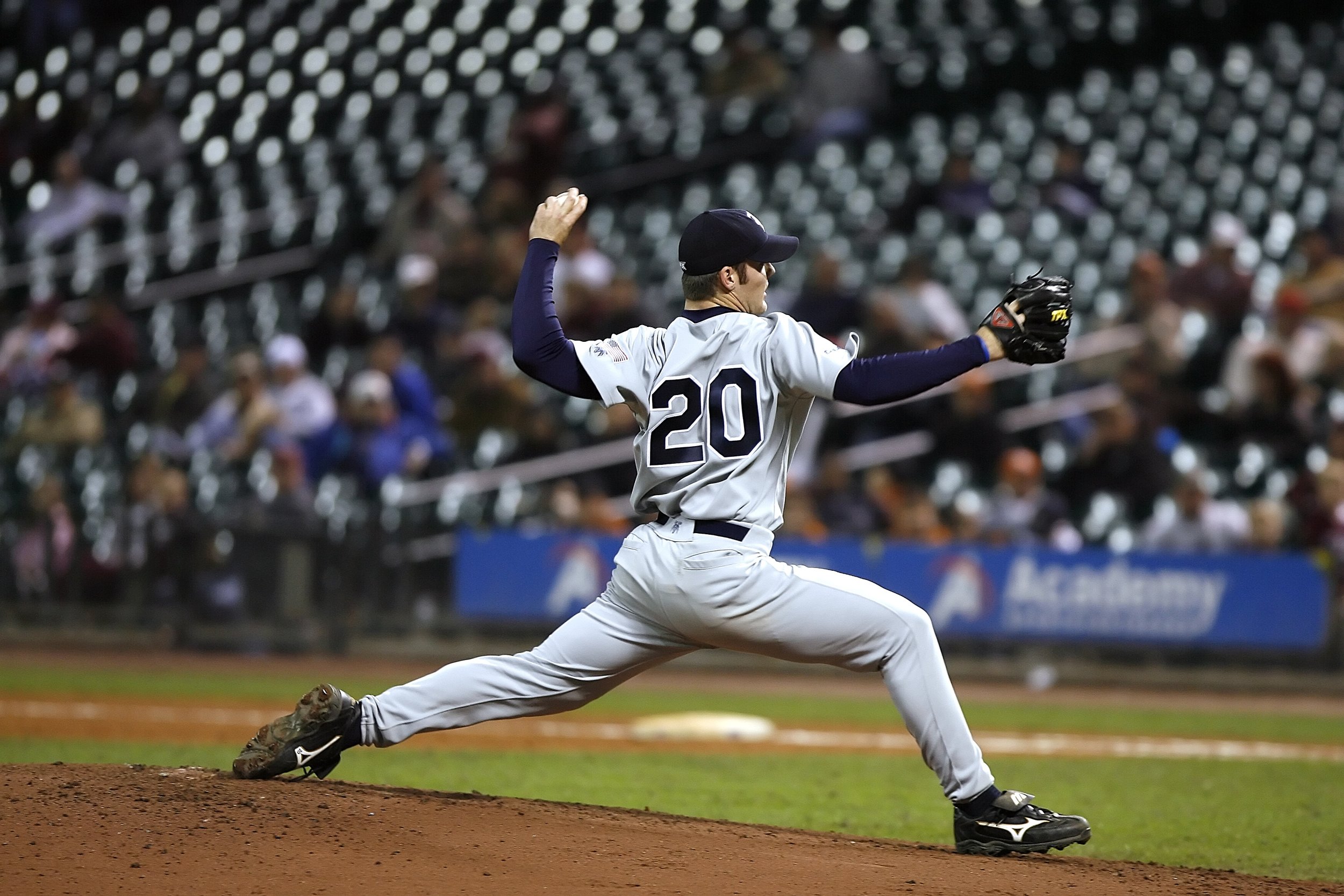In previous blogs we have written on the recent research documenting the lack of differences between sham surgery and surgery for spinal and knee conditions. For example, in the case of arthroscopic surgery for degenerative knee meniscal tears the evidence does not support its’ use due to its’ inability to perform better than sham knee surgery or placebo at both short and long term outcomes. New research indicates some shoulder surgeries may not be more effective than placebo surgery.
The correlation between positive imaging (MRI) findings and baseball pitchers has been long established. These imaging findings such as rotator cuff abnormalities, tears, or labral tears are found in the vast majority of baseball pitchers whether or not they have symptoms. A recent article from the British Journal of Sports Medicine reported on the outcomes of either labral surgery, biceps tendon surgery, or a sham surgery on patients with labral (SLAP) tears (Schroder et al. 2017). The authors followed 118 patients with a type II SLAP lesion who were randomized to either a labral repair, biceps tendon repair (tenodesis), or placebo surgery. Consistent with the literature on arthroscopic surgery for knee injuries, no significant differences were noted in any outcomes between groups. These results indicate the two procedures did not have any clinically significant benefit over a sham surgery.

